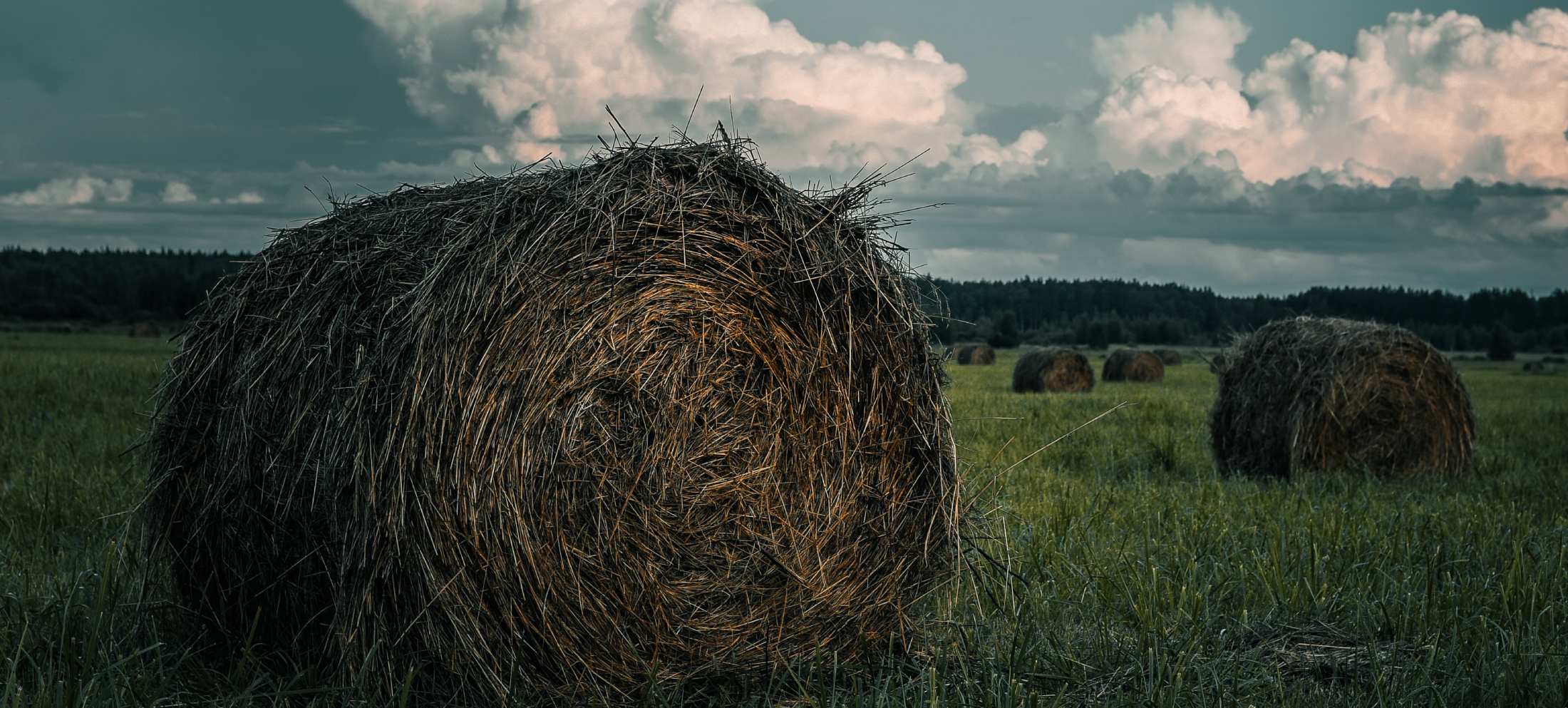2020 has been a busy year for the EFP program. We continue to work towards revamping our program and have developed a new vision for how the EFP program will be delivered. The EFP coordinators, Trevor Davison and Cory Roberts will be delivering the same high levels of service as in the past including one-on-one farm visits, newly designed detailed reports, risk assessments and detailed recommendations (Appendix A and B) so farmers can prioritize actions on the farm and supply documentation for program funding applications.
The EFP program now falls within the new Agri-Environmental initiative which is a three-way partnership between NSFA, Perennia and the NSDA. Perennia has hired a new Agri-Environmental Specialist, Thomas Harrington. We are working closely with Thomas on developing new content that we can deliver through the EFP program.
EFP Handbook
We consulted with multiple stakeholders in developing and reviewing our new Environmental Guide for Nova Scotia Farms. We are expecting that it will be available on the new website when it launches. It is our intention to review and update this guide annually so it can be a reliable source of up-to-date environmental information for the industry.
Website Project
We have been working closely with our Communications Coordinator Katherine Tuttle in streamlining and improving of the EFP website. We are confident that the new website will be easy to navigate and will contain relevant updated information. We will have contact forms that will allow farmers to sign up for a new EFP or for those with existing EFPs to sign up for a follow-up. We are looking at options for our farms to have the ability to log in to access and update content.
EFP Database
We are in the process of instituting a new EFP data handling system including an updated database. We will be more efficient at collecting information from farmers and more quickly able to generate reports and other documentation (e.g. Appendix A and B). We have collaborated with NSDA to develop new key performance indicators which include high level aggregate information about how the EFP program is making a difference in the industry.
Farm Visits
Our ability to do farm visits was hampered from the end of March until August due to COVID-19. We focused our energies on developing our new systems and on doing some of our EFP interviews over the phone. We have been doing farm visits to complete the on-farm portion of the process since getting back out on farms starting in August. Between January 1st and Oct 20th, 83 EFPs had been done which puts us on target for completing over 100 plans this year. We expect that we will increase the numbers of EFPs completed annually as our new more efficient systems come on line. Apart from doing farm visits the EFP coordinators also got out to several industry events, contributed content for the News & Views and developed resource materials.
Our intern, Nicole Shanahan has been reaching out to farms whose EFPs were completed more than five years ago. We have had lots of farms call the office to arrange follow-ups based on her efforts. If your phone number or address has changed, we may not be able to get in touch with you. Please contact the office to update your contact information.
SARPAL & CFGA Projects
A new two-year SARPAL (Species at Risk Partnerships on Agricultural Lands) project was initiated last year following the completion of the Wood Turtle Strides program. The NSFA is partnering with Nova Scotia Department of Agriculture, Nova Scotia Department of Lands and Forestry and CARP (Clean Annapolis River Project) to increase education and awareness for SAR and biodiversity enhancements on Nova Scotia farms. This project takes a multi-species approach and will not focus solely on Wood Turtle habitat. Current initiatives include factsheet and resource development, identification of high priority areas for multiple species and on-farm demonstrations of BMP’s. Due to Covid-19, workshops and field days have been postponed and a video series will be developed to highlight current activities.
The Canadian Forage and Grassland Association (CFGA) is taking the lead on a national project with financial support from the Canada Nature Fund. The CFGA is working with national and provincial stakeholder committees, governments, Environmental Farm Plan (EFP) programs and agricultural associations (e.g. the NSFA) to develop province-specific, on-line habitat and biodiversity management tools. Nova Scotia is one of three provinces to participate in the first phase of the project. This CFGA project builds on a recent three-year species-at-risk initiative in Alberta. CFGA projects are now underway in Saskatchewan, Manitoba and Nova Scotia to customize the tool for each province and developing online opportunities to support the EFP program.
Overall, 2020 has been a year full of uncertainty across the industry and our wider society. Throughout the year the EFP program has also been in a state of transition with a lot of changing systems and structures. Despite the changes, we have remained focussed on improving our program and look forward to next year when we hope our farms will see the benefit of our investments.



